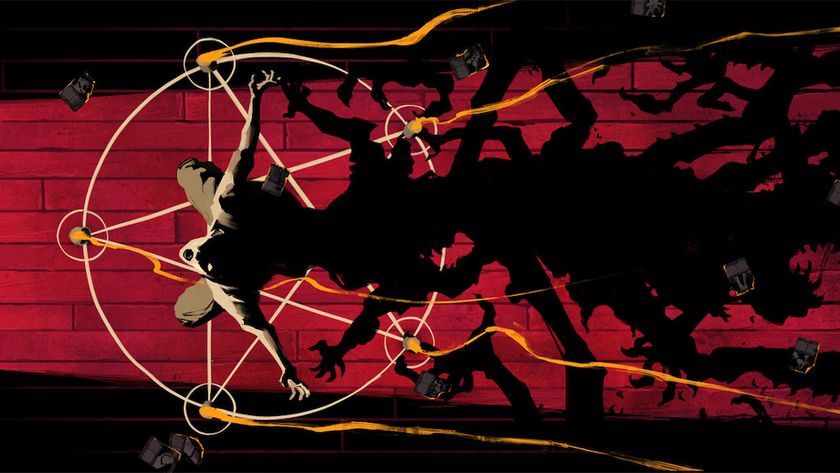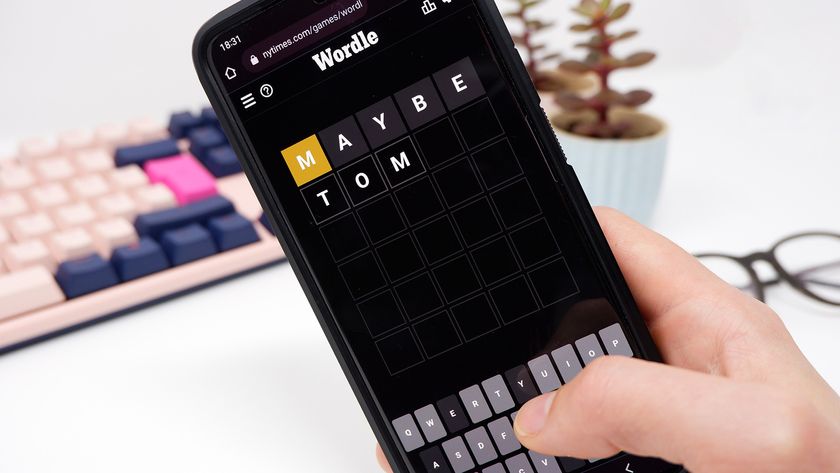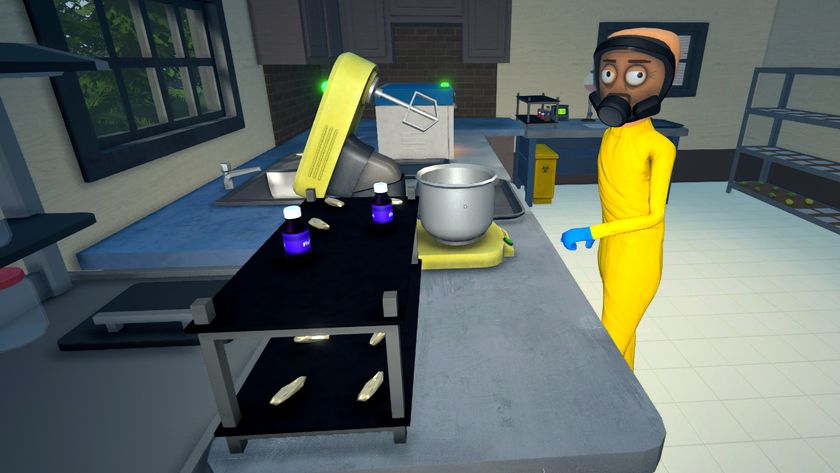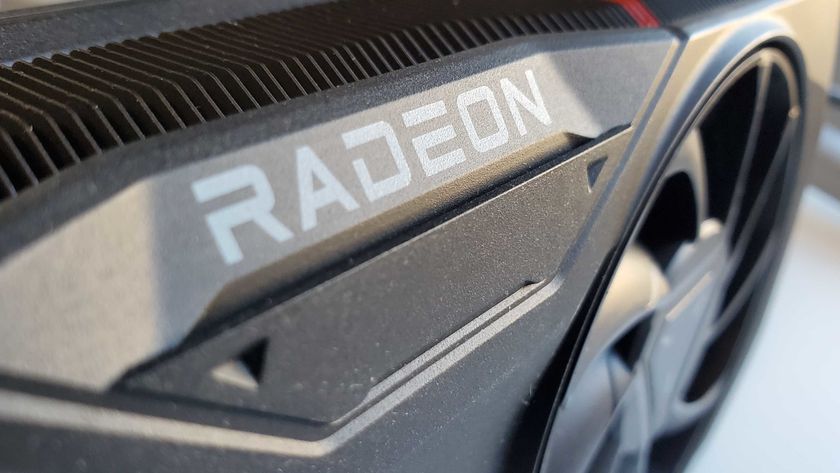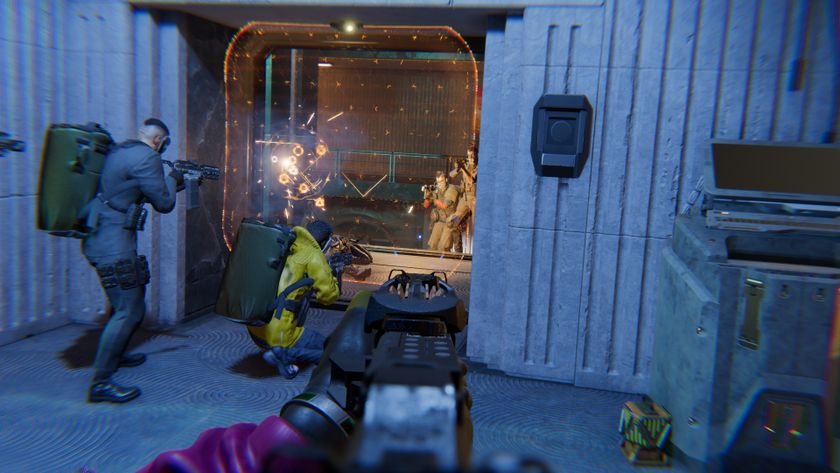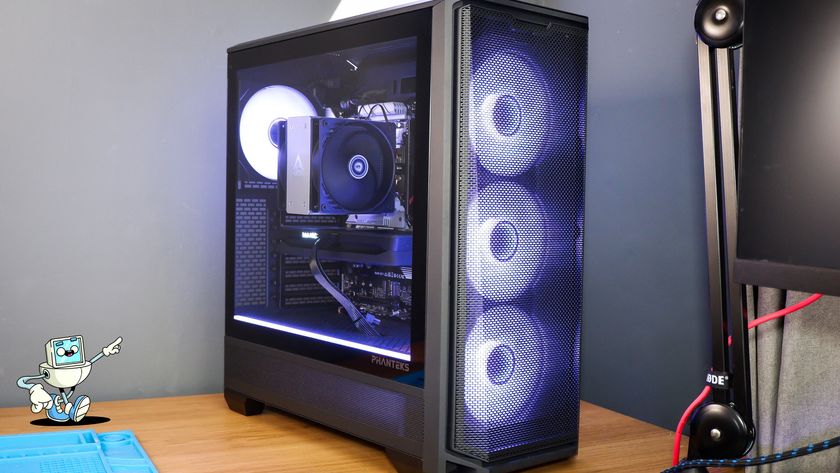
The most intense criticism of loot boxes—which offer randomized rewards, often for real money—came late last year, and was especially stoked by Star Wars Battlefront 2's subsequently-revised progression system. The conversation has cooled a little since then, with net neutrality regulations and industry working conditions taking center stage, but the the issue is far from resolved.
What was initially consumer criticism quickly became a legal question. The Belgian government, for instance, believes that at least some loot boxes should be regulated as a form of gambling. EA chief executive Andrew Wilson, for obvious reasons, doesn't agree. Though the ongoing consequences of last year's outcry aren't in the news as much anymore, a lot has happened over the course of 2018, and there's much still to be decided. Here's an overview of where the world, and its courts, stand on the loot box issue today.

The legal status of loot boxes
The Netherlands and Belgium
The most publicized rulings of 2018 came in April, when The Netherlands and Belgium determined that some, but not all, loot boxes violated their laws on gambling. Notably, there was no “loot box law” passed in either of these countries. It was merely determined that these games were in violation of existing gambling laws. EA continues to dispute this ruling, claiming to “welcome the dialogue” with European regulators, but Wilson asserted on a May earnings call that they will “continue to push forward” with loot boxes.
Last month, Belgian prosecutors launched an official investigation to determine if EA is engaged in illegal activity. Meanwhile, 2K has encouraged Belgian customers to contact local authorities about the legal status of NBA 2K’s loot boxes in Belgium, maintaining the stance that some tweaks were made to that game’s real money purchases that should assure compliance.
Blizzard, on the other hand, has elected to remove the ability to buy loot boxes with real money for Overwatch and Heroes of the Storm in Belgium to be in compliance.
China and South Korea
The biggest gaming news, reviews and hardware deals
Keep up to date with the most important stories and the best deals, as picked by the PC Gamer team.
In China and South Korea, it is already required that any developer selling loot boxes in their games must disclose the probabilities of receiving any given reward. In 2017, China passed a harsher law that outlawed virtual “lottery tickets,” leading Blizzard to remove the ability to buy Overwatch loot boxes with real money in that region—though they do somewhat cheekily get around it by offering loot boxes as a “free gift” when you purchase non-randomized in-game currency with real money.
Australia
In Australia, which has notoriously tough regulations on electronic gaming, a 2018 investigation led a committee to find loot boxes are psychologically similar to gambling, especially to young people. It recommends that games with loot boxes carry a warning label (the ESRB already does this in North America with their “In-Game Purchases” warning that came into use in February—and they asserted just this month that they do not believe loot boxes are gambling), and have their sale restricted only to people over the legal gambling age of 18. These recommendations have not yet been codified into legislation.
The UK
The UK has opted to let industry self-regulation handle the issue, with Conservative Minister of State MP Margot James expressing trust that organizations like PEGI will “[speak] to the industry to ensure that those who purchase and play video games are informed and protected." Elsewhere in the EU, aside from the aforementioned Netherlands and Belgium, no significant action against loot boxes has been taken so far. Right across the border in France, a gambling regulating body determined in July that loot boxes were not legally a form of gambling.
The United States
The US has no formal regulations specifically governing loot boxes, and there hasn’t been much movement to create any at the federal level. However, some states are looking to take further steps. A bill introduced in Washington state earlier this year would empower the state Gambling Commission to investigate the issue, and a different bill introduced in Minnesota in April would prohibit the sale of games selling loot boxes for real money to anyone under 18.

A breakdown of the debate
Transferability
Much of the legal battle surrounding loot boxes revolves around the concepts of transferability, real money value, and publisher profits. Transferability refers to whether or not the items you get in loot boxes can be transferred from one person to another, which could allow them to become a commodity in real money transactions. This draws a line between loot boxes in a game like Overwatch, in which you can’t trade skins and sprays you get from boxes, and crates in a game like CS:GO, in which skin trading is a huge part of the metagame ecosystem. In some territories, the Overwatch model would not be considered gambling as per existing laws, while the CS:GO model could be.
There is also a meaningful distinction between games where real money can be spent on transferable items, and situations in which real money can be spent to bet on in-game items. This was the case with many aftermarket betting sites for CS:GO skins, which Valve did eventually have to take action against. There seems to be a general consensus that aftermarket skin betting is gambling, and that’s not the main issue at hand, but the existence of these sites could be used to establish a case for items from loot boxes having real-world monetary value.
It can be argued that publishers are profiting indirectly from any aftermarket value of items found in loot boxes, as increased value of potential rewards increases the demand. A casino makes money when you bet on a hand of cards and lose. Valve doesn’t make any money if you bet a weapon skin on a third-party site and lose. But if their crates have the potential to net you a five-figure payout on the open market, that certainly factors into the equation of how much people will be willing to pay for a key.
Real money value
That’s where real money value comes in. Even if a developer is not profiting off of third-party betting sites directly, regulations in many territories prohibit any sort of lottery in which money can be spent to increase your chance to win prizes with real-world monetary value. Opponents of loot box regulation continue to argue that the items in these boxes don’t have any real-world value. They only exist as strings of computer code, right? But then, so does Bitcoin. And when CS:GO skins have been known to sell for ten of thousands of dollars a piece, can it really be said that in-game items have no real-world monetary value?
What does it mean to lose?
Another common argument for loot boxes, cited by EA among others, is that there is no such thing as an empty loot box. While a slot machine, a blackjack dealer, or even a lottery can take your money and give you nothing in return if you lose, loot boxes always give you something for your money—though it could be a non-tradable, duplicate skin that has effectively no worth to you. There is no “losing” in the sense of walking away completely empty-handed. At least legally speaking, however, this seems to be more of an appeal to reason than a legal defense as the gambling legislation that may collide with loot boxes hasn’t recently come from that angle.
Where things go from here
The law is often sluggish to catch up to the changing realities of the information age, and this is one such case of that sluggishness, leaving loot boxes in a legal grey area in many parts of the world. Precedents are being set and challenged all the time, and a commission of 15 gambling regulators from the US and Europe has been assembled to look into the issue further. It’s unclear what direction this will go, but if you have a strong opinion one way or the other, this would be the time to contact your local legislative representatives about it.
Len Hafer is a freelancer and lifelong PC gamer with a specialty in strategy, RPGs, horror, and survival games. A chance encounter with Warcraft 2: Tides of Darkness changed her life forever. Today, her favorites include the grand strategy games from Paradox Interactive like Crusader Kings and Europa Universalis, and thought-provoking, story-rich RPGs like Persona 5 and Disco Elysium. She also loves history, hiking in the mountains of Colorado, and heavy metal music.
